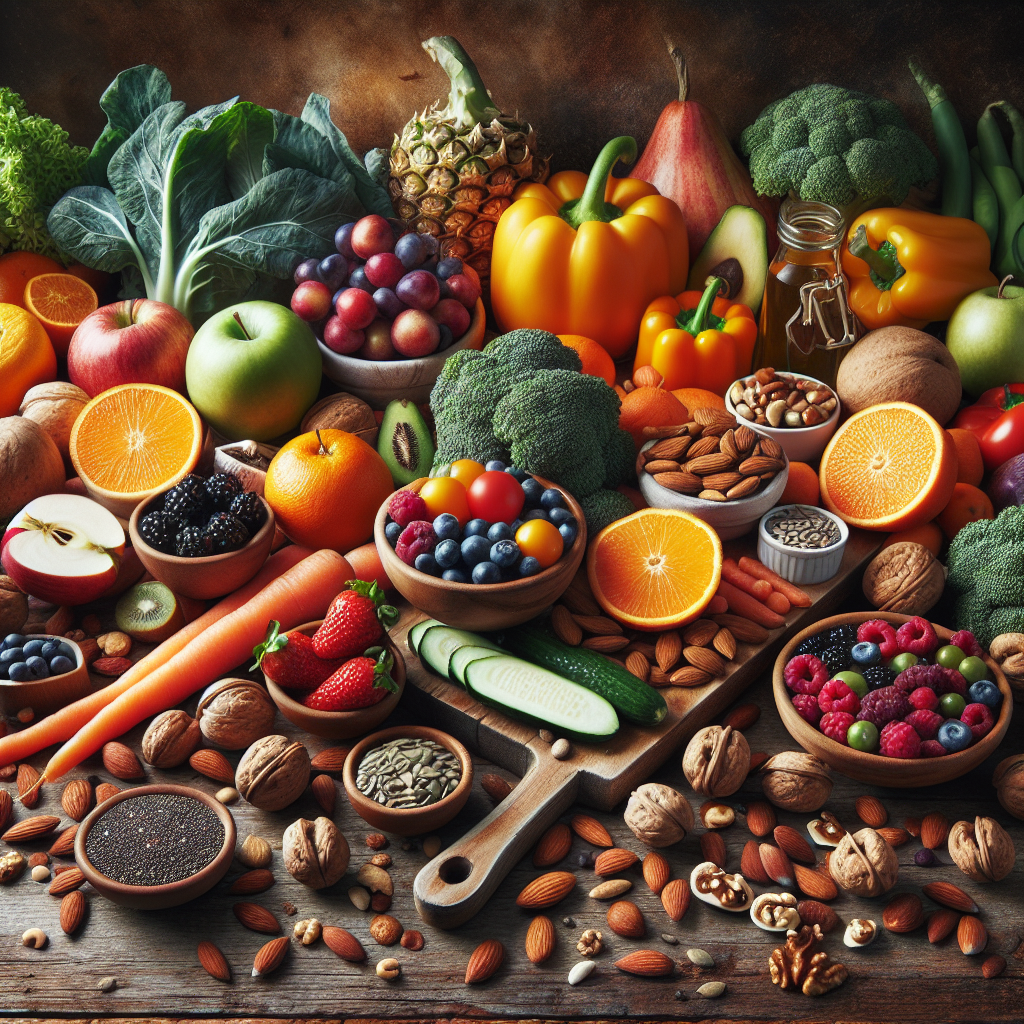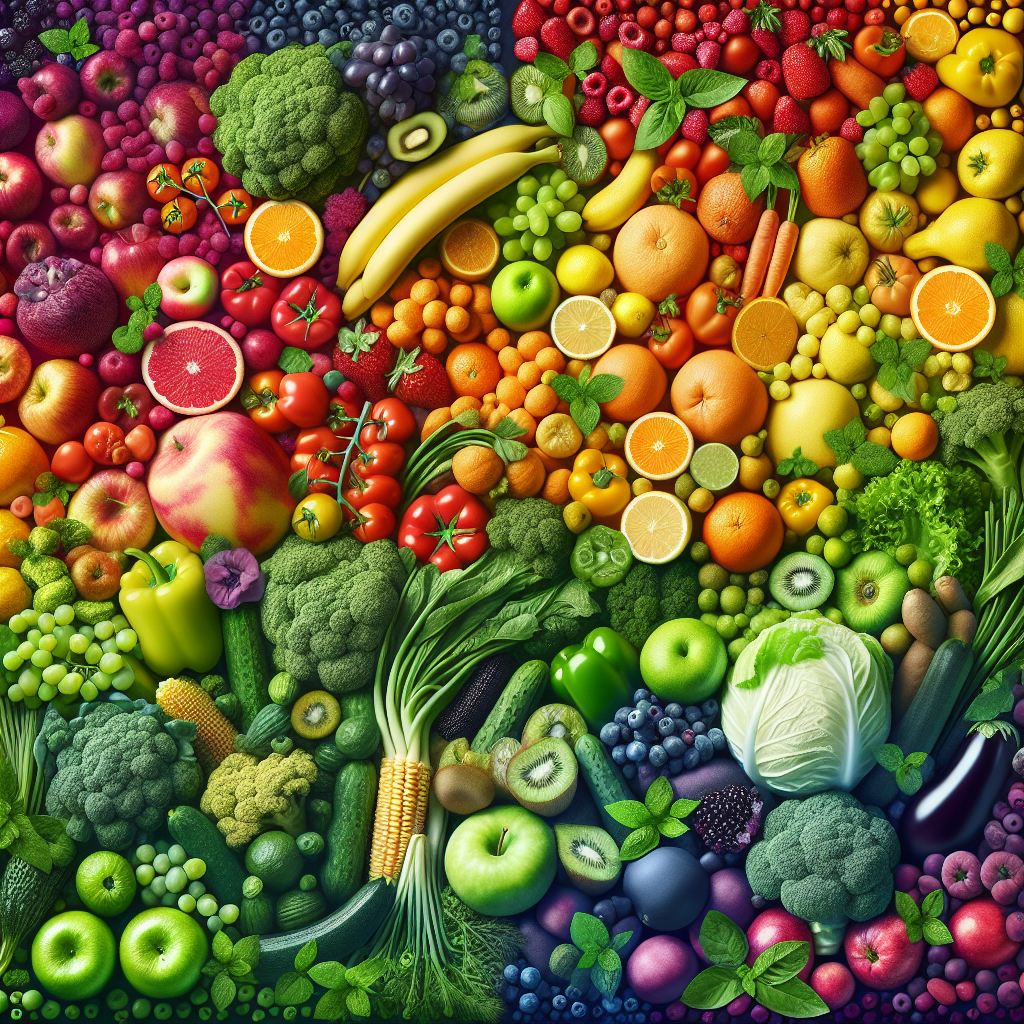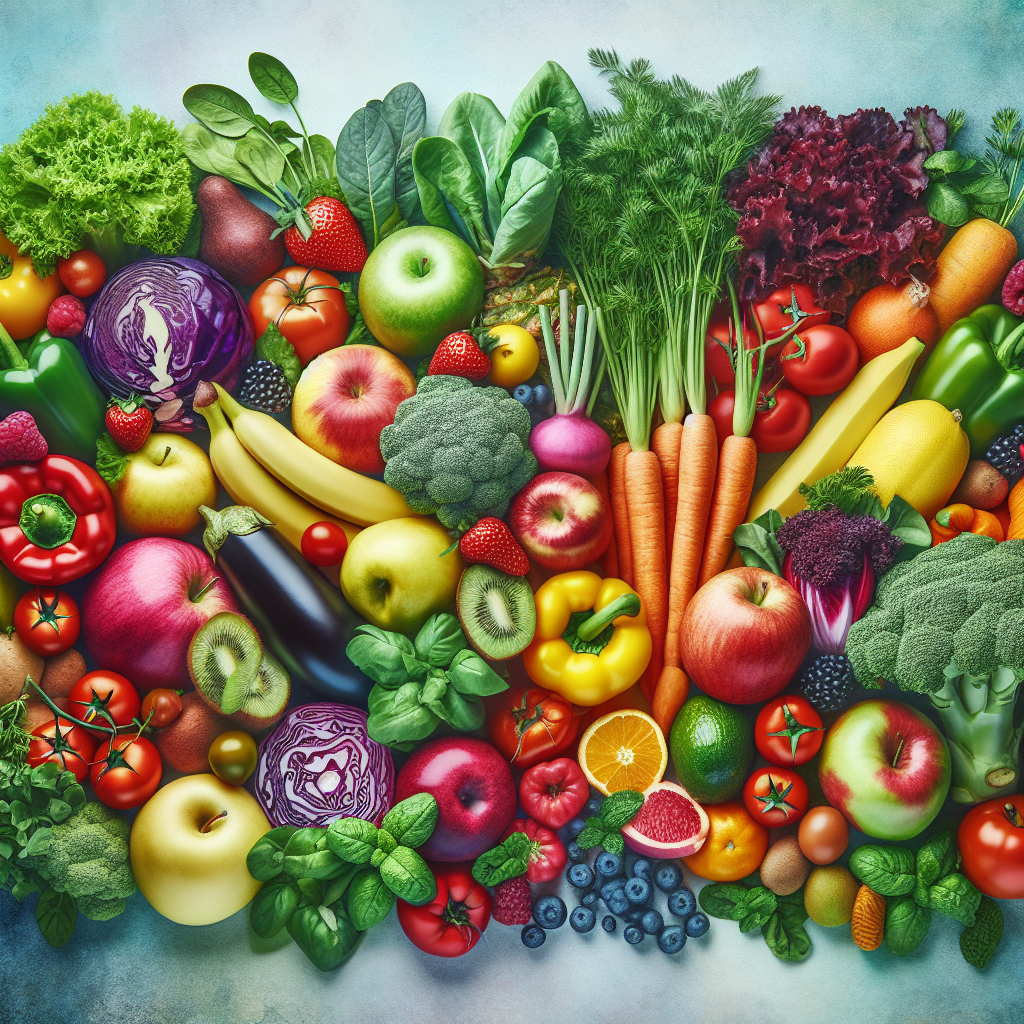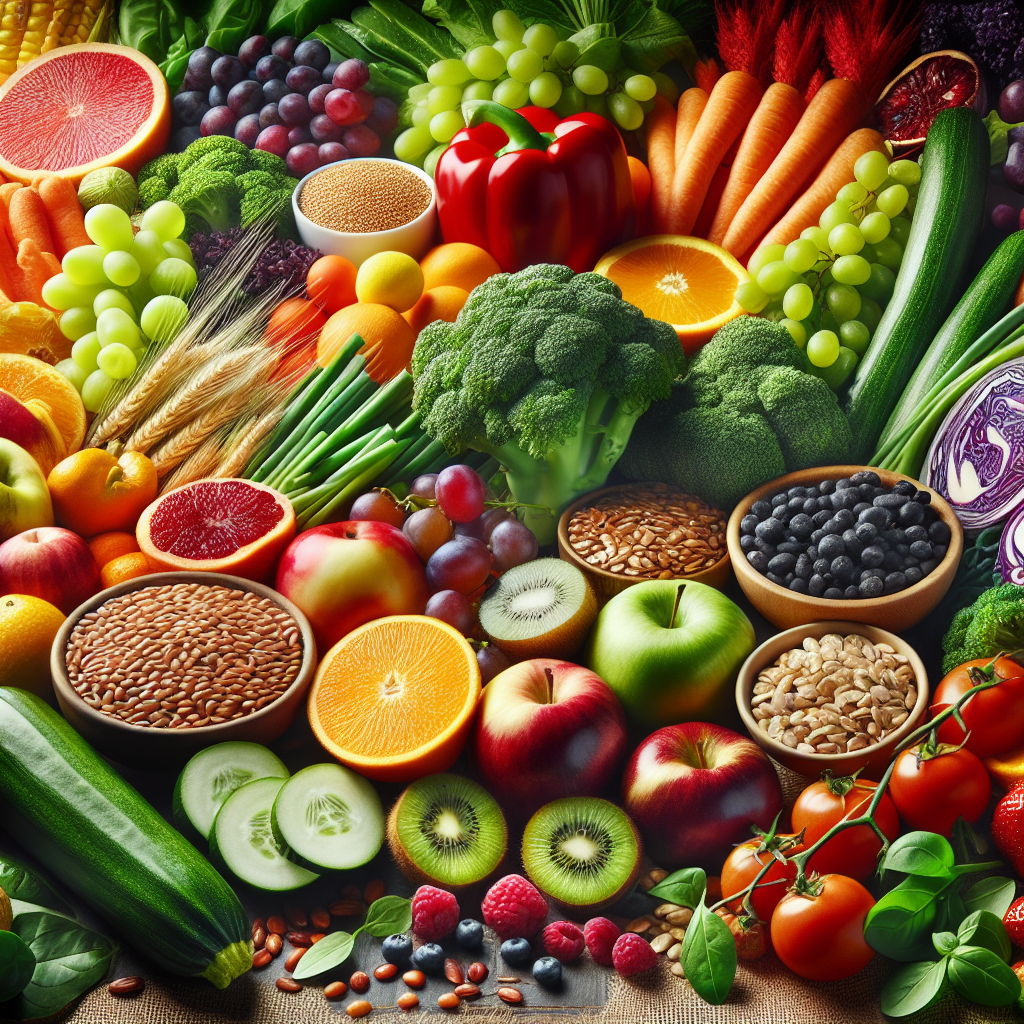The Benefits of Nutrient-Rich Foods for Overall Health
Incorporating nutrient-rich foods into your daily meal planning is essential for achieving optimal nutrition and overall health. Nutrient-rich foods, such as fruits, vegetables, whole grains, lean proteins, and healthy fats, provide a wide range of essential vitamins, minerals, and antioxidants that support various bodily functions. These foods are not only delicious but also offer numerous benefits for overall health.
Consuming a diet rich in nutrients can help reduce the risk of chronic diseases, such as heart disease, diabetes, and certain types of cancer. The vitamins and minerals found in nutrient-dense foods play a crucial role in supporting the immune system, promoting healthy skin and hair, and aiding in proper digestion.
Furthermore, nutrient-rich foods can contribute to weight management and overall energy levels. Their high fiber content helps keep you feeling full and satisfied, reducing the likelihood of overeating. Additionally, they provide a steady source of energy throughout the day, promoting improved focus and productivity.
By prioritizing the inclusion of nutrient-rich foods in your daily meals, you can enhance your overall health and well-being. Whether it’s adding vibrant berries to your breakfast or incorporating leafy greens into your lunch and dinner, every nutrient-rich choice makes a positive impact on your health.
Ultimately, striving to consume a variety of nutrient-dense foods is key to achieving optimal nutrition and supporting your body’s overall health. By making mindful choices and embracing the benefits of nutrient-rich foods, you can take proactive steps towards a healthier and more vibrant life.
Creating a Balanced Diet with Nutrient-Dense Ingredients
Creating a balanced diet with nutrient-dense ingredients is essential for optimal nutrition. Incorporating nutrient-rich foods into your daily meal planning can help you achieve this goal. Nutrient-dense foods are high in vitamins, minerals, fiber, and other essential nutrients, while being relatively low in calories. Including a variety of nutrient-dense foods in your meals can ensure that you are getting the nutrients your body needs without consuming excess calories.
When planning your meals, focus on incorporating a colorful assortment of fruits and vegetables, which are rich in vitamins, minerals, and antioxidants. Whole grains such as quinoa, brown rice, and oats provide fiber, B vitamins, and essential minerals. Lean sources of protein, including fish, poultry, tofu, and legumes, offer important nutrients such as protein, omega-3 fatty acids, and iron. Healthy fats from sources like avocados, nuts, and olive oil can also contribute to a nutrient-dense diet.
By including nutrient-dense foods from all food groups, you can create a well-rounded and balanced diet. This approach can help ensure that you are providing your body with the necessary nutrients for overall health and well-being. Prioritizing nutrient-rich ingredients in your daily meal planning is a simple yet powerful way to optimize your nutrition.
Maximizing Nutritional Value in Your Daily Meals
Maximizing nutritional value in your daily meals is essential for overall health and well-being. By incorporating a variety of nutrient-rich foods into your meal planning, you can ensure that you are getting the essential vitamins, minerals, and other key nutrients your body needs to function optimally.
One key strategy for maximizing the nutritional value of your meals is to focus on whole, unprocessed foods. This includes plenty of fruits, vegetables, whole grains, lean proteins, and healthy fats. These foods are packed with essential nutrients and are often lower in unhealthy additives such as sugar, salt, and unhealthy fats.
Another important aspect of maximizing nutritional value is to pay attention to portion sizes. Even nutrient-rich foods can be overeaten, leading to an imbalance of nutrients and potentially excess calorie intake. By being mindful of portion sizes and including a variety of nutrient-dense foods, you can create meals that are both satisfying and nutritionally balanced.
Furthermore, considering the cooking methods can also impact the nutritional value of your meals. Opt for healthy cooking methods such as steaming, grilling, or roasting, which help to preserve the nutritional content of the foods, rather than frying or overcooking, which can deplete nutrients.
Incorporating nutrient-rich foods into your daily meal planning is not only beneficial for your overall health, but it can also help to prevent chronic diseases and support optimal body function. By focusing on maximizing the nutritional value of your meals, you can take significant steps toward improving your overall nutrition and well-being.




